9 women in cybersecurity you may not know but you should follow in 2024
What does being a woman working in tech really look like?
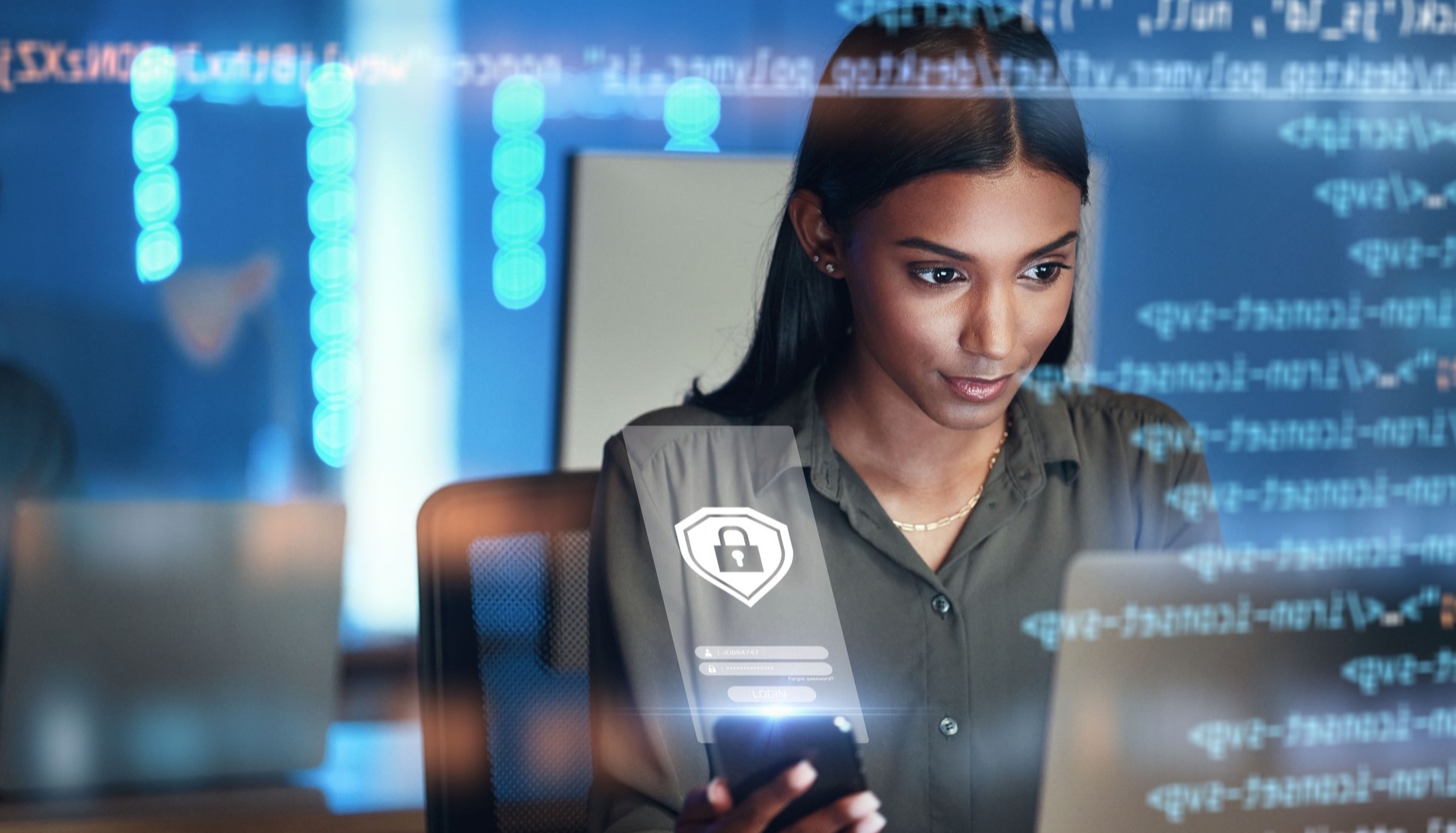
The progression of today's technology is never-ending and innovations are approaching at breakneck speed. Cybersecurity is gaining particular relevance, too, as new tools expose us to new threats. However, women are still largely on the margins of this revolution.
According to recent data, women make up only 32% of the workforce in tech-related fields. Even worse, perhaps, half of them reportedly give up their role by the age of 35. What's the cause behind these disappointing statistics, and what's needed to bring more women on board?
On this year's International Women's Day, I decided to ask these and other questions to some influential figures across today's cybersecurity and information security sector while getting to know more about their experience as women working in such a male-dominated environment.
1. Serene - "I miss the days when 'crypto' stood for cryptography rather than cryptocurrency"
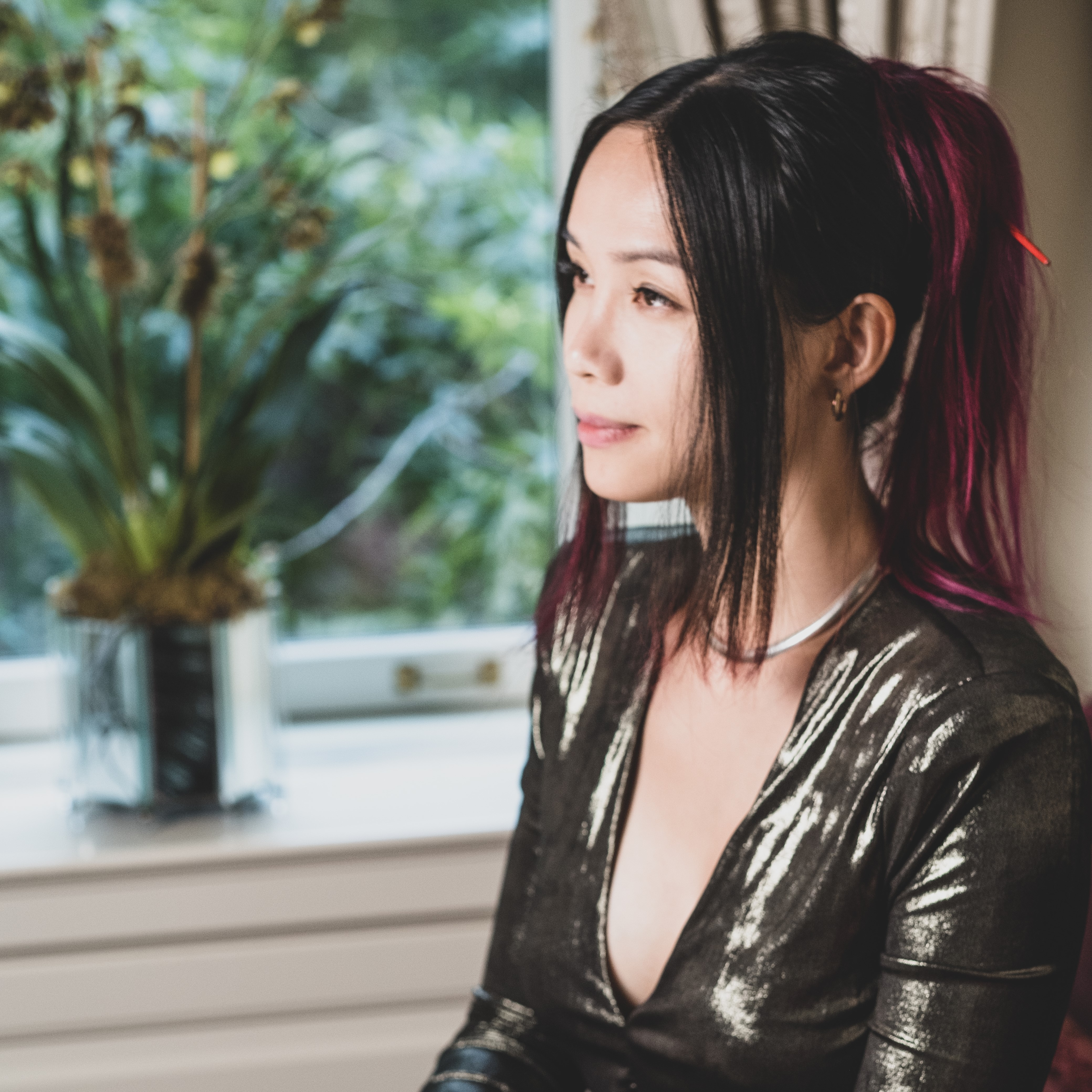
After teaching herself how to code at the age of nine, Serene started focusing on anti-censorship technology when she was a teenager. She worked at Google and then passed into the open-source world. In May 2022 she founded her own company, Snowstorm.
Serene's career in cybersecurity wasn't inspired by the desire to be a scientist or engineer. Her choice was practical: do real things, solve problems, and save the internet—an important tool during her formative years.
"At the end of the day, we are humans solving human problems. Technological concerns are social concerns. Yet, we are currently compromising our global communications network with all sorts of nonsense: censorship, manipulation, splintering... this is self-sabotage as a species," she told me.
Better known within the industry for creating the censorship-resistant software Snowflake (and its evolution Snowstorm), Serene feels that being a woman has been a push to grow quicker within an industry that's generally male-dominated. "The pendulum has swung often, and it continues to swing. I’ve noticed disrespect being replaced with something approaching respect," she said. For Serene, this culminated in raising $3 million in funds as a solo female founder to build her own InfoSec company.
After working in cybersecurity since her teenage years, she now believes that identity politics and polarization should be replaced by "more sane information environments and more functional institutions" to get more women into the industry. However, for Serene, InfoSec is just one branch of her career path. She is also a professional concert pianist and feels that her two careers are "inextricably linked" as she explores the intersection between music and tech.
Sign up for breaking news, reviews, opinion, top tech deals, and more.
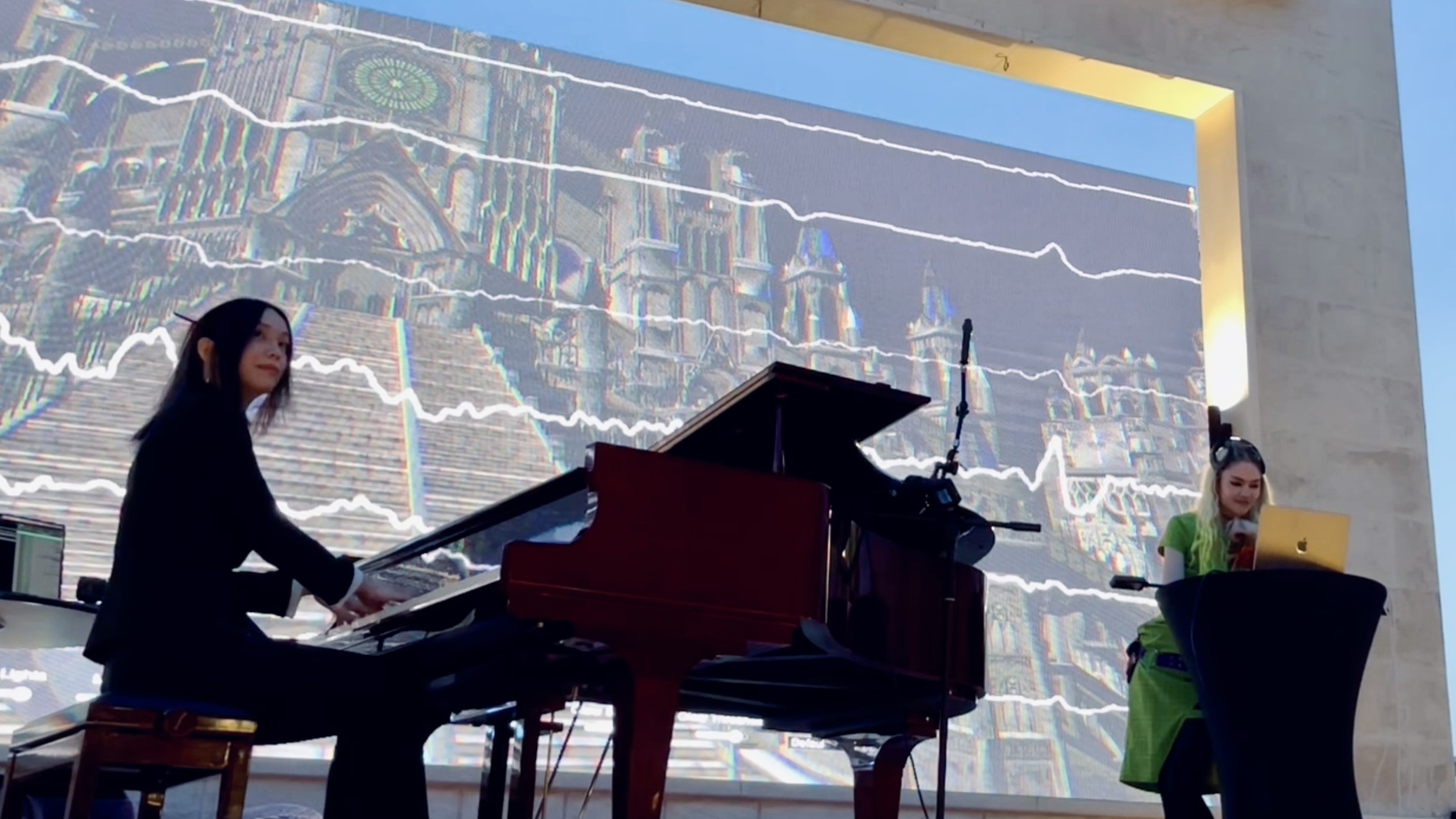
2. Ella Jakubowska - "It's better for all of us to have more diverse workplaces"

Ella started her career in cybersecurity in 2021 when she joined EDRi, Europe's biggest collective of NGOs, experts, advocates, and academics working to defend and advance digital rights across the continent. She now leads EDRi's policy team, covering matters such as state surveillance and tech platform power on societies.
With a background in international human rights law, Ella Jakubowska began her career in tech policy at EDRi (Europe's biggest network of organizations working on digital rights and freedoms), drawn by the opportunity to investigate how technology impacts society. She believes, in fact, in the power of academic research for better law-making.
"I've been really inspired by leading cybersecurity experts like Professor Susan Landau and Professor Carmela Troncoso, who are not only esteemed academics but have also advocated on some of the biggest attacks on digital security from governments that we've seen in recent years," she said.
While women tech developers, IT engineers, and scientists are still, sadly, in the minority, the tech policy space is inhabited by many brilliant and inspiring women, said Ella. "I first started in the broader tech industry almost a decade ago, and whilst a lot has changed, a lot hasn't," she told me. "We see far more women than ever before being active in European lawmaking, especially on digital/technical files. But often, you can still look around a room and see only a sea of white faces."
Ella believes that accessibility should also be kept in consideration by employers and even the European Parliament building itself to build a more inclusive tech industry. She said: "We need to make sure that increasing the number of women in the cybersecurity/infosec industry goes hand-in-hand with creating more fair, just workplaces for everyone."
She now looks forward to lawmakers and governments becoming more aware and informed about the importance of cybersecurity and, most importantly, encryption. On the latter point, at least, EDRi could celebrate the first victory—about a month ago, the European Court of Human Rights listened to experts' concerns and outlawed all legal efforts to break encryption.
3. Azam Jangravi - "I enjoy the diversity of perspectives that I can bring to the table"

With a background in computer engineering, AI, and robotics, Azam has been working as an information security researcher at Citizen Lab since 2023. She's also an exiled Iranian women’s rights activist now living in Canada.
Azam first began her career in cybersecurity in Iran, her birth country, encouraged by her brother's guidance and support. "I was very passionate and curious about this field, especially when I realized that there were not many women in it," she told me.
She joined the Girls of Revolution Street movement in 2018. Following the footsteps of Vida Movahed, known as the First Girl of Enghelab Street, she climbed an electricity transformer box and waved her headscarf to the sky to protest against mandatory hijab rules. After being arrested and put in solitary confinement for 10 days, she managed to flee Iran for Canada (where she lives today) during her temporary release.
After several years working in tech, she feels that being a woman in this field can be both challenging and rewarding. On one side, stereotypes and biases have affected her opportunities and recognition. On the other hand, though, she enjoys a sense of accomplishment after solving complex problems despite prejudices.
In such an ever-changing industry where new technology, threats, and opportunities keep arising, Azam believes more awareness, education, and training opportunities are needed to attract and retain more women in cybersecurity/information security. This should also go alongside addressing the systemic and structural barriers that hinder women’s advancement and retention, such as pay gaps, glass ceilings, harassment, and discrimination, she said.
For the future, she looks forward to taking on new challenges like mentoring others and leading projects, while expanding even further her technical knowledge around new threats and innovative solutions.
4. Laurie Kirk - "They often do not believe a woman could talk about something technical"

A security researcher specializing in cross-platform malware analysis and mobile threats, Laurie oversees the work of Microsoft Defender Advanced Threat Protection's Cross-Platform incident response team. She's also an active conference speaker and industry mentor, while running her own YouTube channel in which she explores major security topics.
Laurie's interest in coding began during her teens. "I was fascinated by the process, and wanted to dive into the field," she told me, explaining why she decided to obtain a degree in computer science and began her career as a software developer. Yet, getting into cybersecurity specifically was both a conscious decision and a fortunate accident that began when she landed a job in reverse engineering and malware analysis at Microsoft.
Also for Laurie, there are pros and cons of being a woman in this field. As there were not many women working in reserve engineering in cyber security, people at first offered her mentorship to help her succeed. The issues began when she wanted to be taken seriously and shared her own opinions and insights. She said that reactions to her voicing her opinions have been spanned from condescension, hostility, and disbelief.
"I try to embrace the fact that I am in the minority and focus on the unique perspective I can bring. I will probably always struggle, however, to be taken seriously by many men in positions of authority."
Laurie believes that girls should receive access to computer science, cyber security, and other technology-related education at an early age. Drawing from her own experience, she believes it's exactly the right time to inspire young women to learn and succeed in an industry still too male-dominated. She said: "If education programs worked to expose and educate girls in viable cyber career paths, I believe would see a large increase in the number of women selecting these fields."
Her priority right now is spearheading analysis and protection against mobile attacks, a field that becomes more sophisticated every year. "I am excited to be one of the few individuals with the skills and opportunity to analyze and protect users against incoming threats targeting devices that contain a multitude of our private and sensitive data."
Step by step, Laurie Kirk is smashing this Trojan. #bsidesseattle pic.twitter.com/7VkieY09eLMay 20, 2023
5. Lauren Hendry Parsons - "After working at guitar trade shows, tech doesn’t feel so male-dominated"
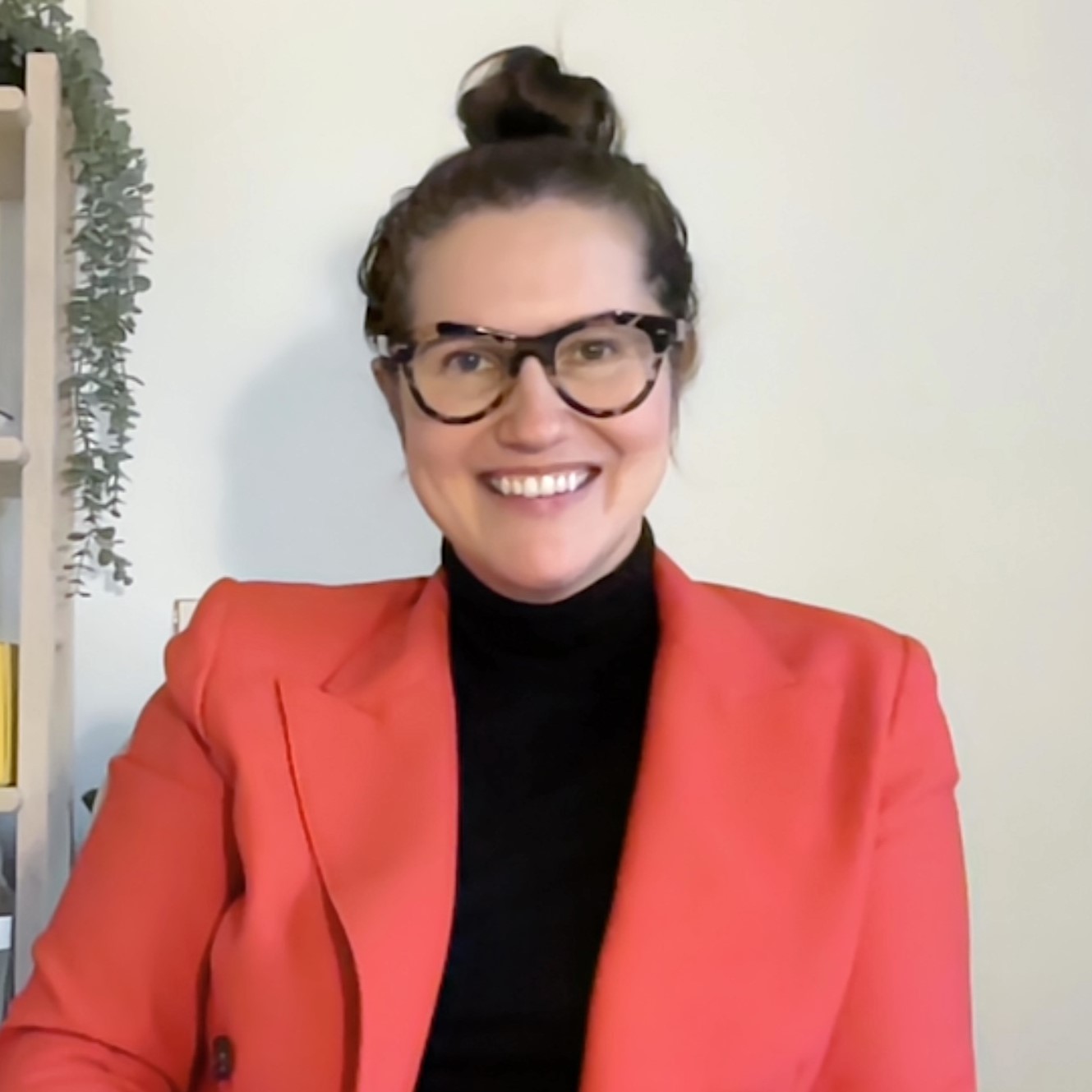
After starting off her career in strategic communications across newsrooms, government, and PR agencies alongside a four-year stint in the music industry, Lauren wanted to do her part to solve today's toughest challenges. She then chose to join ExpressVPN to help protect digital rights across the world in 2021.
Unlike previous entries, Lauren's passion for cybersecurity didn't begin at a young age. It was, instead, a deliberate choice to enter the world of VPN services and digital rights advocacy, and combine her PR career with the will to do some good. "I lived for the variety that communications afforded me—until I hit a point in my career where I knew variety wasn’t enough, and I wanted to be a part of solving the critical challenges facing our world," she told me.
Now, after three years, she feels fortunate to have worked with talented technologists, researchers, industry coalitions, activists, policymakers, journalists, and NGOs to educate and empower people to access a more secure and free internet.
Having worked in both male- and female-dominated industries, Lauren believes that challenges exist on both sides. "At the end of the day, people are people and it takes perseverance, confidence, and hard work to operate effectively in any gender mix," she said. However, more women increasingly join the industry, building a strong global network. "Even if your connections are not in your city, never underestimate the power of something as simple as having a WhatsApp group where people can understand the challenges you’re facing, offer advice, and cheer you on."
On a recruiting level, Lauren sees things getting better for women. She said that at Kape Technologies, ExpressVPN's parent company, the team went through a series of adjustments to welcome more women from the outset, including rewriting job descriptions and boosting transparency around growth paths and pay bands. She's herself involved in mentoring and championing women across her network, too. "Even simple social amplification of your network’s great achievements can be so powerful."
6. Juta Gurinaviciute - "It’s so important for women already in tech to raise their voices"

After starting her career over 20 years ago and working as a systems engineer, network administrator, and other technical support positions across different tech companies, Juta joined Nord Security in 2017 and is now the CTO for the NordLayer product.
While Juta's career as a technologist started over 20 years ago, her fascination for electronics, systems, and complex puzzles began at a young age. In her current role at Nord Security, the company behind the popular NordVPN software, she feels she can fully satisfy her analytical mindset. "It combined aspects of coding, networking, risk analysis, and even psychology in many ways. I was hooked by the intellectual challenges cybersecurity presented," she said.
Juta refuses to see the tech sector from the lens of gender stereotypes. "To me, talent, passion, and hard work are what matter most, not whether you are a man or a woman," she told me, despite admitting that being women still a minority in the industry opens up to challenges at times. She tries not to be scared off by unconscious bias or assumptions, though—confidence and hard work have been her cards to play in order to succeed.
Also for Juta, it's important to break down stereotypes so that young girls can start from a very young age to develop their passions and skills within the sector. "Too often, young girls are discouraged from these areas, whether overtly or through subtle social cues. We have to make these disciplines feel just as welcoming and accessible to girls as boys," she said, adding that also female role models can positively impact more women and girls getting into tech sooner in the future.
Overall, Juta sees the tech industry is changing. There have been positive shifts in improving gender diversity and inclusion, she said, with more women now hoping to pursue a career in STEM (science, technology, engineering, and math) fields. However, true parity has quite a way to go. "While no longer uncommon, women remain underrepresented, especially in senior leadership and technical roles. There are still unconscious biases and outdated mindsets to overcome in some pockets of the industry."
7. Lina Survila - "Diversity brings perspective"
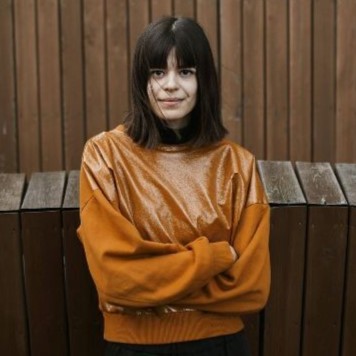
After working in the publishing industry for 10 years, Lina decided to change direction and join the cybersecurity field. She now leads the PR team at VPN provider Surfshark.
Lina found her passion for cybersecurity as the only woman during an evening coding class. She worked for 10 years in the publishing industry prior to that point, but she didn't feel that the lifestyle suited her persona.
"By learning how to understand simple codes and methods, I was ready for a challenge to craft my new stories, but this time, it was not about the latest trends but ethical hackers. This is how I found myself contributing to a few cybersecurity publications and working in a cybersecurity news-oriented publisher," she said.
Despite feeling that her gender impacted her career along the way, she's confident that she's in a position today where her perspective is more valued despite her being a woman. Again, Lina believes that the biggest barrier to bringing more women on board is education. " I can see various companies with preferences to hire more women, but women are often reluctant to apply. This is why I strongly advocate for changes in the education system from the early school years."
Lina hopes to see more women founders establish their projects in the near future. "It will be interesting to see how it will change the industry! And for me, I hope to be that woman one day!"
8. Patricia Egger - "Security seemed like an exciting place to be"

After obtaining a master’s degree in mathematical engineering and some security classes, Patricia lands her first internship in the cybersecurity field. She now works as Security Risk and Governance Manager at Proton, the Swiss-based company behind Proton VPN, Proton Mail, Proton Pass, and Proton Drive.
Patricia found her passion for all things cybersecurity after finishing her master's degree in mathematical engineering. She could see how data breaches and security incidents were spreading wider, and was hooked. "I took some security classes, worked on some security-related projects and got my first internship in the field. I’ve never looked back since; I absolutely love it," she told me.
She started Women in Cyber—an association for women in cyber in Switzerland—in 2022 to change the narrative on women in tech by shining a light on people's achievements rather than simply talking about being women in a largely male industry. "The idea is to connect, inspire, and shed light on the work and contributions of women who work in cyber but also to find ways to attract women to explore this field and ultimately to increase the number of female cyber professionals," she said.
Diversity is, for her, the key for tech businesses to perform better—and it's not just about gender. Carefully crafting job descriptions will be a major help, she said, while on her side, she looks forward to seeing companies mature in their security governance and risk management. She said: "I hope to see them learn from experience and come up with smart and elegant ways to navigate the tensions between security and flexibility, quality and speed."
9. Cherlynn Cha - "My parents finally seem to understand what I do for a living"
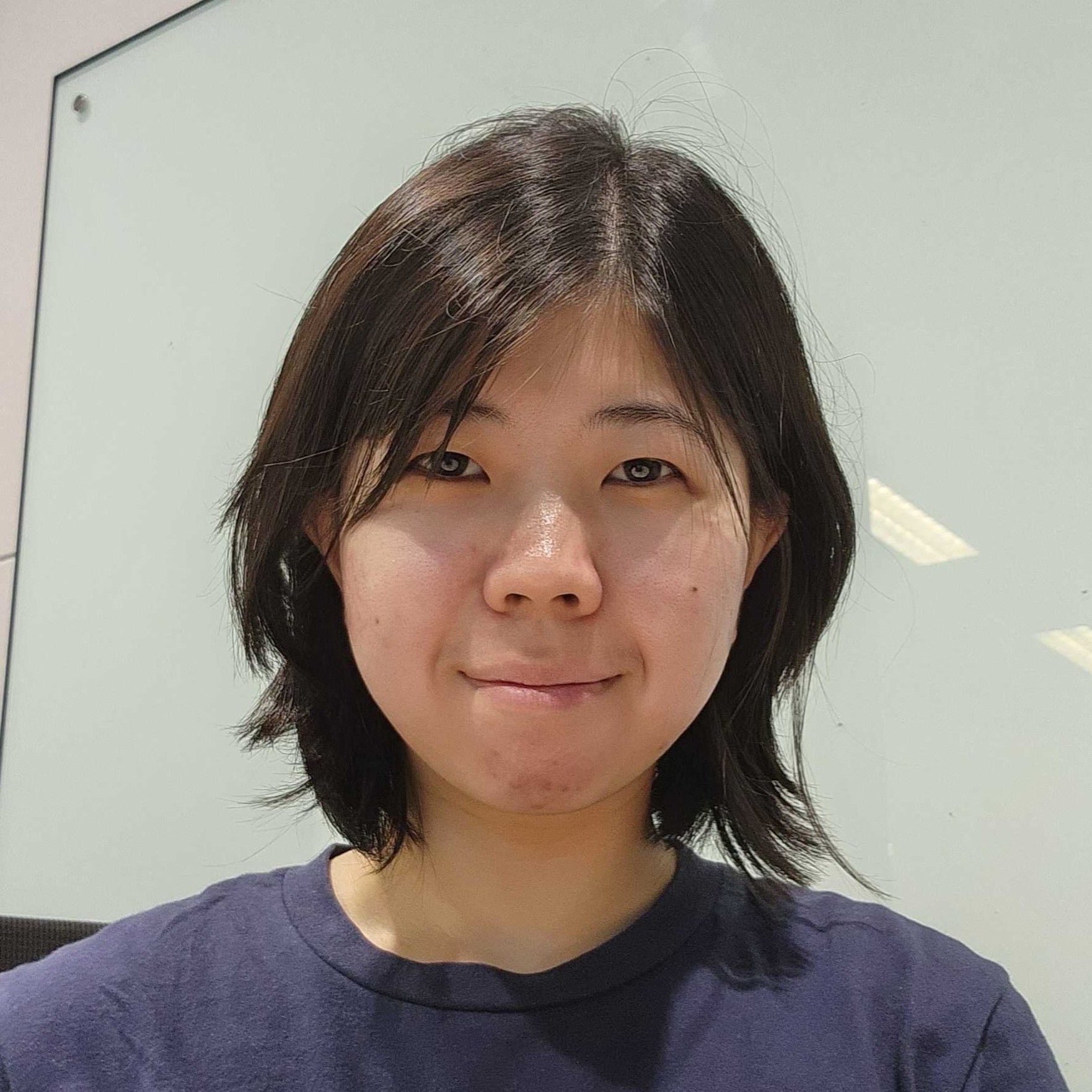
After studying cybersecurity-related subjects at university, Cherlynn now leads the Security Operations Center (SOC) at ExpressVPN where, among other things, she drives ExpressVPN’s threat modeling and threat hunting efforts to better protect users in 180+ countries.
Cherlynn's journey into IT, coding, and security systems began after stumbling upon a book about ciphers at a young age. As she grew older, she felt she could relate with hackers and hacktivists using their knowledge and skills rather than physical strength to fight for their causes. "As someone who lacked physical strength as a child, this concept appealed to me greatly. My passion for cybersecurity only grew stronger during my university studies, and I have continued to pursue this path ever since," she told me.
It wasn't all good at the beginning, though. Cherlynn observed that in Singapore, where she's from, public perception largely considered cybersecurity an unfit path for women. People weren't saying it to her face, but their actions spoke volumes. Among sexist comments, condescension, and other challenges, she had to keep proving herself to her teammates to earn her job. "On the bright side, it’s given me extra drive to perform, and makes me extra conscious of cultivating a supportive culture for women in my team because I don’t want them to experience these things."
Things have changed now, she said, since joining ExpressVPN, as she hasn't heard similarly upsetting comments. While she's glad for this, she believes that the broader cybersecurity industry is not free from stereotypes and biases just yet.
She said: "Actually acknowledging that there is in fact a bias could help. I’ve observed many around me act as though the biases and stereotypes are a thing of the past, and reject every attempt to level the playing field because they believe it’s already flat."

Chiara is a multimedia journalist committed to covering stories to help promote the rights and denounce the abuses of the digital side of life – wherever cybersecurity, markets, and politics tangle up. She believes an open, uncensored, and private internet is a basic human need and wants to use her knowledge of VPNs to help readers take back control. She writes news, interviews, and analysis on data privacy, online censorship, digital rights, tech policies, and security software, with a special focus on VPNs, for TechRadar and TechRadar Pro. Got a story, tip-off, or something tech-interesting to say? Reach out to chiara.castro@futurenet.com